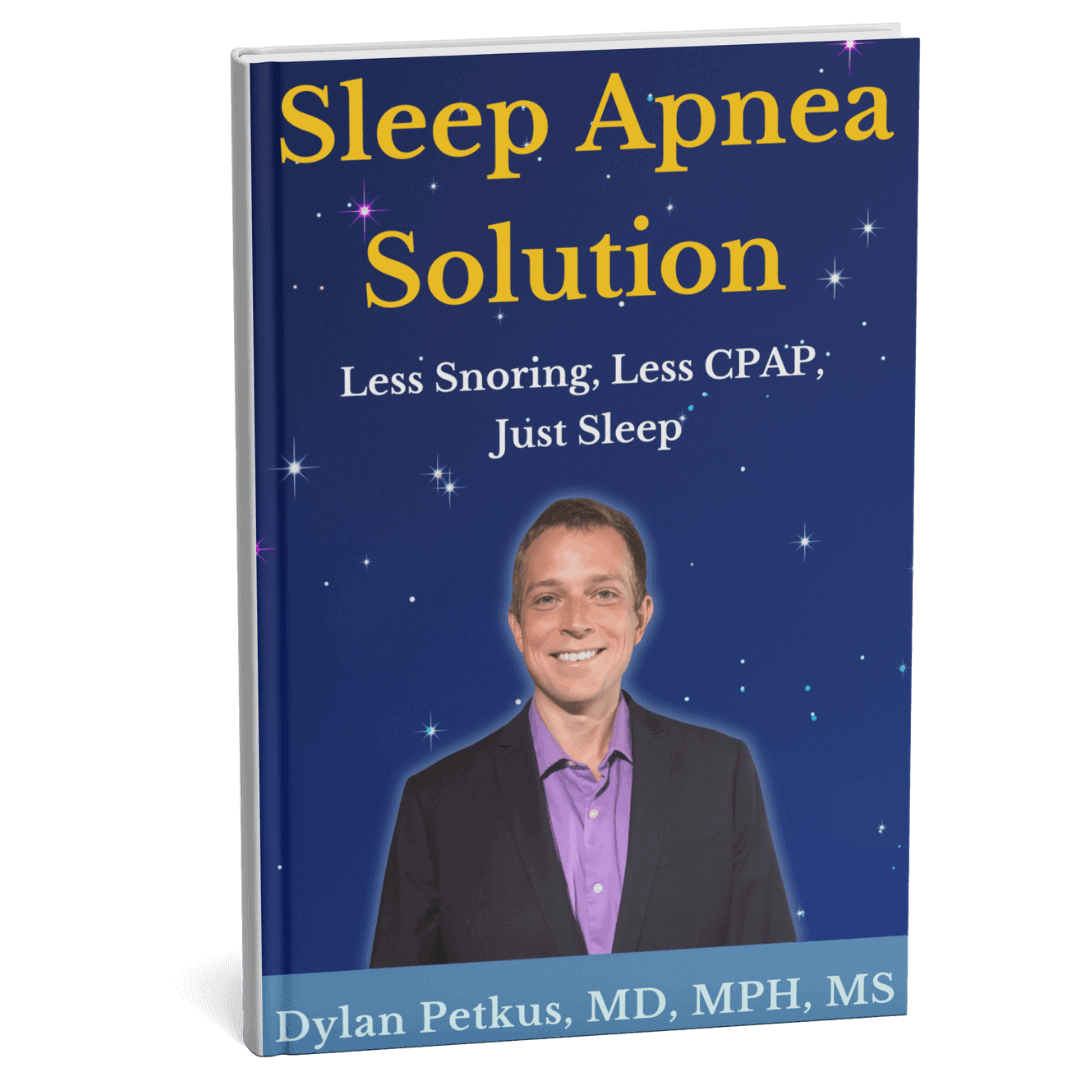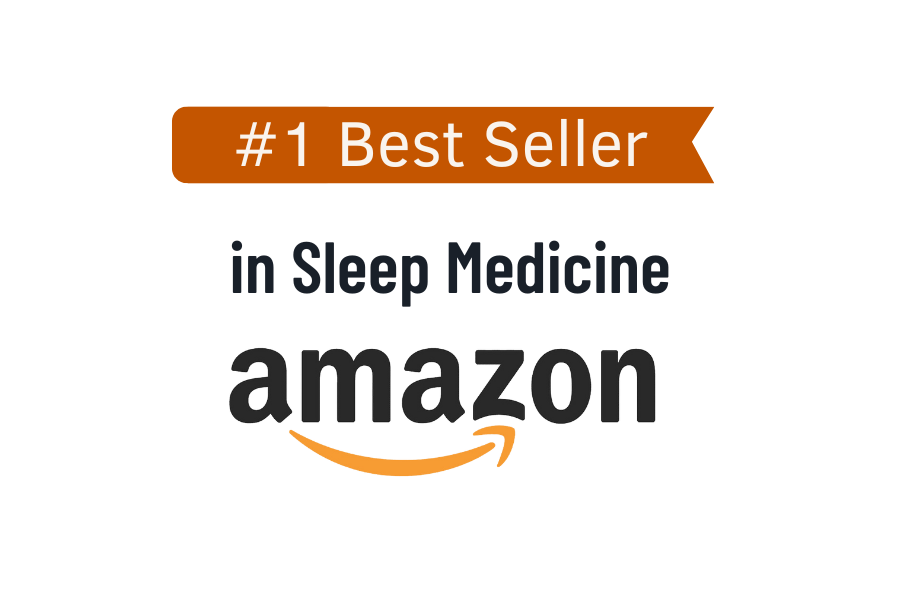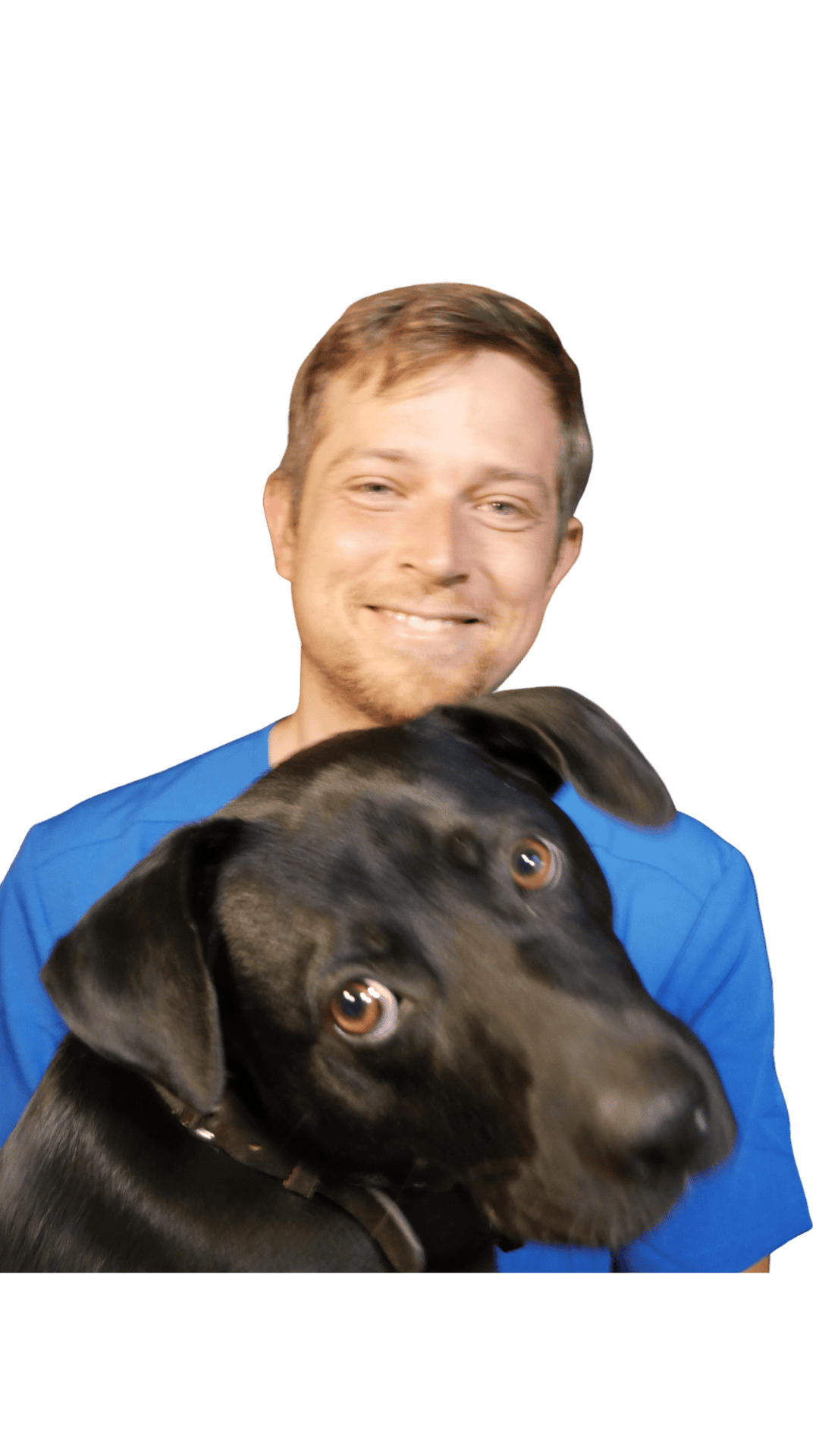No matter your symptoms or conditions, there’s been a point where you’ve wished you could wave a magic wand and return to perfect health. Many individuals struggling with sleep apnea want to eliminate the need for their continuous positive airway pressure (CPAP) machine and other airway support appliances.
There are numerous surgical alternatives to using a CPAP machine, many of which may improve sleep apnea symptoms and eliminate the need for these machines. A few of these surgeries include a trans oral robotic surgery (TORS), uvulopalatopharyngoplasty (UPPP), lateral pharyngoplasty, and more.
If left untreated, sleep apnea can result in health complications that leave many wondering if sleep apnea can be fatal. Perhaps even up at night with an apnea episode thinking, can sleep apnea kill you? While it’s rare for individuals with sleep apnea to die from sleep apnea alone, the long-term health impacts have the potential to be life-threatening.
Dr. Dylan Petkus of Optimal Circadian Health’s sleep apnea book deep-dives into other approaches for sleep apnea, like breathing routines, that can promote easy nighttime breathing without the assistance of a CPAP machine.
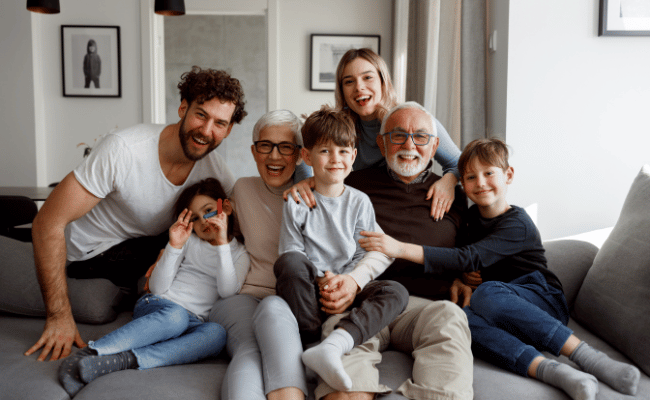
The Most Common Form of Sleep Apnea
Obstructive sleep apnea (OSA) is the most common form of sleep apnea. OSA occurs when the muscles in the throat relax and these get pulled into the airway by fast nighttime breathing. Then, this blocks the airway. Sometimes, this happens when your tongue falls against your soft palate, or your soft palate and uvula fall back against your throat. Either way, the faster inhale is pulling these tissues back into the airway and closing it off.
How do you know if you have sleep apnea? Only a healthcare professional can formally diagnose you with sleep apnea, but common symptoms include:
- Difficulty staying asleep
- Loud snoring
- Gasping or struggling to breathe during sleep
- Episodes of stopped breathing during sleep
- Daytime drowsiness or sleepiness
- High blood pressure
Many individuals treat their sleep apnea using CPAP machines and other devices to help open the airway and promote better airflow during sleep. But these devices can be noisy and uncomfortable, which doesn’t always help when you’re trying to get a good night’s sleep.
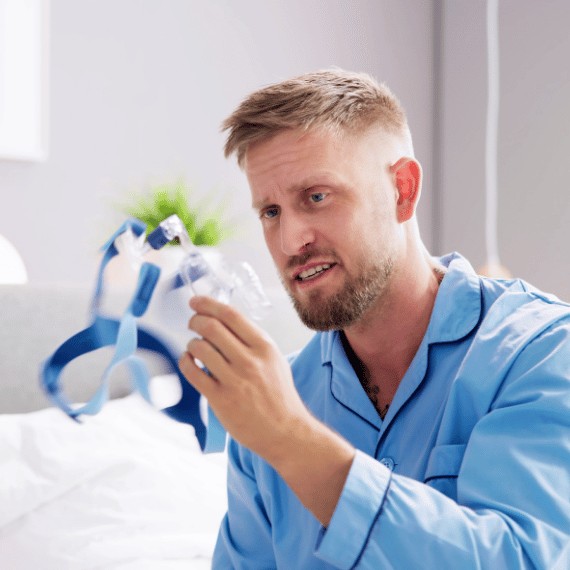
What Is Sleep Apnea Surgery?
There are several surgical options for people diagnosed with sleep apnea. Your healthcare provider may recommend a particular surgery based on sleep study findings, your preferences, and the anatomy of your mouth and throat. The goal of surgery is typically to restore airflow to your airways and make breathing easier.
A TORS surgery uses a special tool to give your surgeon a clear view of where they are operating on you in order to remove any obstructive tissue behind your tongue. This can mean trimming your epiglottis.
With a UPPP surgery, the excess tissue in the throat is surgically removed to widen the airway. Once the airway is widened, air can move through the throat more easily, reducing snoring. Many times, surgeons will combine this procedure with a tonsillectomy if the tonsils are also causing airway obstructions.
A lateral pharyngoplasty is essentially another version of the UPPP. Patients with narrow throats or with webbing in the back arch of their palate have their tonsils removed and excessive tissue reconfigured to expand the back of the throat. The uvula may also be removed or reshaped.
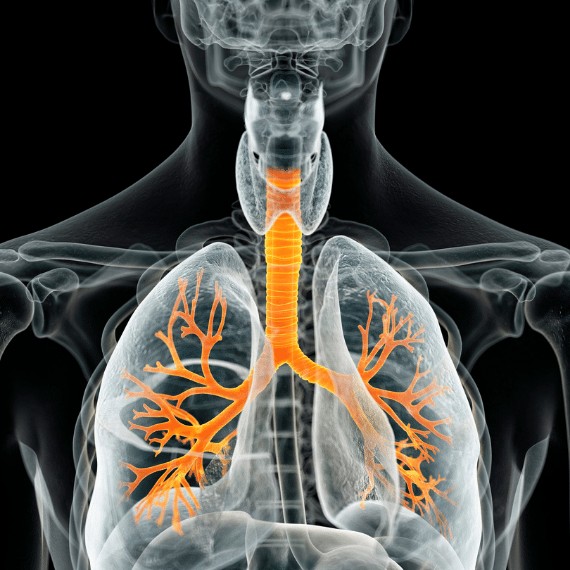
The Risks
There are risks associated with any sort of invasive procedure. After surgery, you may experience a sore throat, muscle soreness, and pain at the incision site. There may be damage to the tissue near the area being treated, which might need to be managed post-surgery to avoid infection and bleeding.
Additionally, these surgeries may require anesthesia. Anesthesia can result in allergic reactions and other health complications, which is why you should also consult with a licensed medical professional when exploring your treatment options for sleep apnea.
One of the biggest risks is surgery not having the intended effect of greatly improving your sleep apnea. In fact, one major study at the University of Stanford found that only 43% of surgeries resulted in significant symptom reduction.
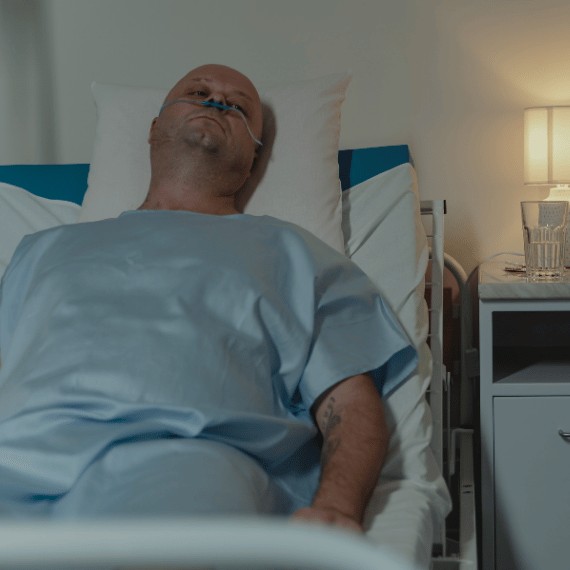
Surgery: An Alternative to a CPAP?
Many individuals living with sleep apnea opt for surgery as a way to avoid using a CPAP machine, but surgery doesn’t have to be the only approach.
At Optimal Circadian Health, we’ve developed a book complete with audio breathing exercises to help promote easy nighttime breathing. Our book comes with a sleep apnea assessment that gives you actionable insights about your sleep apnea, and our other online resources can help you boost your natural breathing at night.
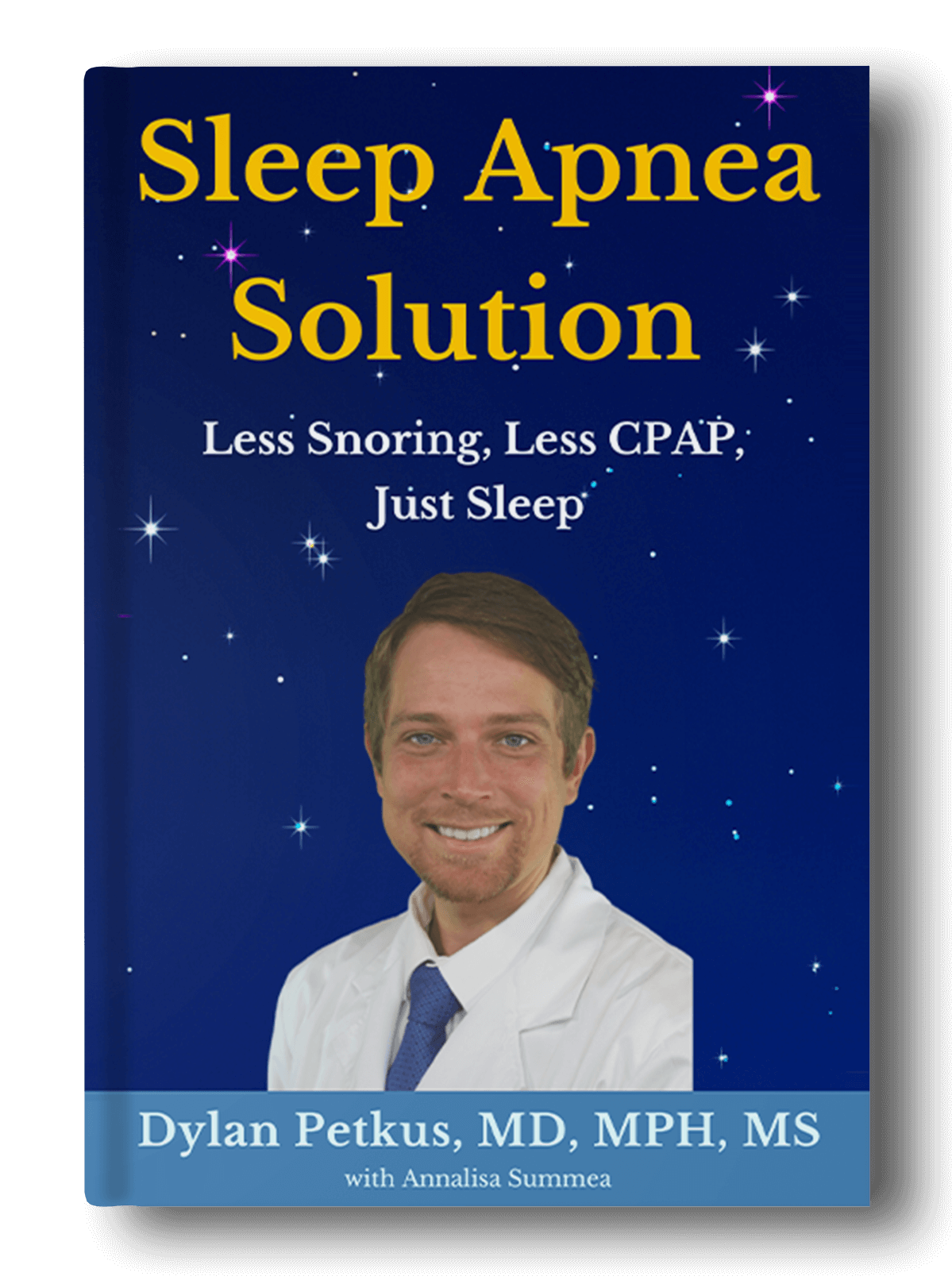
Promote Natural Sleep With Optimal Circadian Health
Seeking a good night’s sleep, free of machines and contraptions? Make sure to get a copy of The Sleep Apnea Solution. It also includes our CPAP Freedom Roadmap PDF that helps you take the first step towards better sleep. It also includes a checklist to make sure you have a great sleep environment among other resources you can take advantage of!
References:
- Liu SY, Riley RW, Yu MS. Surgical Algorithm for Obstructive Sleep Apnea: An Update. Clin Exp Otorhinolaryngol. 2020 Aug;13(3):215-224. doi: 10.21053/ceo.2020.01053. Epub 2020 Jul 1. PMID: 32631040; PMCID: PMC7435437.
- https://pubmed.ncbi.nlm.nih.gov/32631040/

